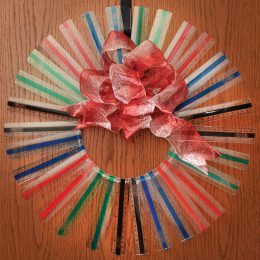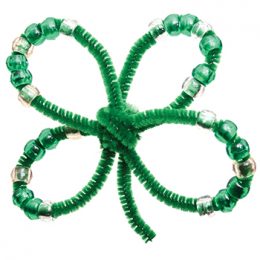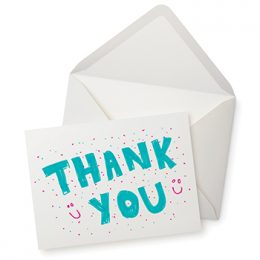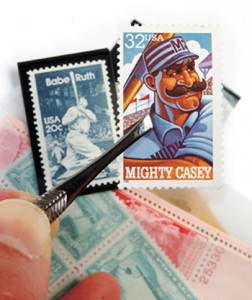 Stamp collecting is one hobby you can start while you’re young that can really stick with you for life! It’s fun and easy. And, because postage stamps have been around for over 150 years, are available from every country and celebrate almost every known subject, your collection can keep expanding as you become older.
Stamp collecting is one hobby you can start while you’re young that can really stick with you for life! It’s fun and easy. And, because postage stamps have been around for over 150 years, are available from every country and celebrate almost every known subject, your collection can keep expanding as you become older.
You can build a collection around subjects that interest you. Do you love superheroes? Characters from both Marvel and DC comics just recently have appeared on sets from the United States Postal Service. Do you love Disney movies? Dumbo, Peter Pan and Tinker Bell, Mickey Mouse, and Aladdin and Genie were released on stamps in August. Are you a sports fan? You can probably find your favorite sport, or old-time star, on stamps as well. (Check out the cover story for our favorite “electrical” stamps.)
People who love cats or dogs, birds and flowers, trains, planes and automobiles, toys, 4-H and FFA, and history and science can find their hobbies or special interest celebrated on stamps, too.
Of course, some of the most common faces on U.S. postage stamps are former presidents. Gerald Ford, who died late last year, is the latest president to be remembered. His stamp was released Aug. 31.
The best thing about starting a stamp collection is how easy it can be. You don’t even have to leave your house! Stamps come to you free in the mail. Or, with a quick trip to the post office with mom or dad, you can see what stamps are currently available for sale. The postal service and many Web sites for collectors sell new and old stamps online, too.
If you are thinking about starting a collection, decide what kinds of stamps you want to collect. Many stamp collectors save only used stamps. Others collect just new stamps. Others collect both. Some collectors save stamps by topic or theme, like the subjects noted earlier.
When saving used stamps on envelopes, always tear off the corner of the envelope so that there is paper all around the stamp, and the stamp and all its perforations are undamaged.
Anyone who is saving stamps for you should be told that this is the way to do it. Trying to peel the stamp off the envelope will cause thin spots or tears which ruin a stamp’s appearance.
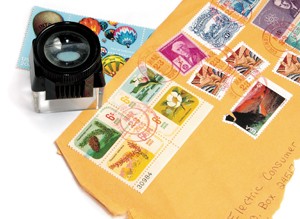 If you run across envelopes that are very old or have postal markings that may be of particular interest, it is best to save the entire envelope until you can find out if the stamp is worth more attached to the envelope. The most common way to get stamps off paper is to soak them in water, then dry them on paper. To understand more about soaking stamps, it is best to find a handbook on stamp collecting at the library.
If you run across envelopes that are very old or have postal markings that may be of particular interest, it is best to save the entire envelope until you can find out if the stamp is worth more attached to the envelope. The most common way to get stamps off paper is to soak them in water, then dry them on paper. To understand more about soaking stamps, it is best to find a handbook on stamp collecting at the library.
There is much to learn about stamps as you get more and more of them. Having access to a catalog in a nearby library is very useful. There is also a lot of information on the Internet about stamps and stamp collecting.
7 low-cost, no-cost ways to get started!
- The first place to search for stamps is your own mailbox. They arrive at your home free of charge! Let friends and relatives know you’re starting a collection and ask them to use commemorative stamps when they send you mail.
- Neighbors, friends, and relatives are also a good source of stamps. Most people just throw away stamps when they receive them on mail. You may even know someone who gets letters from other countries who can save these stamps, too. Always be on the lookout for potentially good stamp contacts, and don’t be afraid to ask them to go through their mail for you before they throw away all the envelopes.
- If your parents work in an office that gets a lot of mail, or you know adults who do, ask them if they could keep an eye out for stamps. There may be 10 or 20 good stamps being thrown away each day.
- Ask your parents if they have any old letters that have stamps on the envelopes.
- Longtime collectors may be another source. A person who has been a collector for a number of years may have gathered thousands of duplicates. Often, older collectors are willing to help new ones get started by giving them stamps, or at least providing packets of stamps much more cheaply than can be purchased in stores or by mail.
- Obtaining a pen pal in another country is a very good way to get stamps from that country. (It’s also a great way to practice your writing skills and learn about another culture!)
- Ask for stamps, stamp albums and supplies for your birthday or Christmas.
Collecting stamps need not be an expensive hobby. But the key to collecting stamps, or collecting anything for that matter, is to collect the things that make you happy! Collect whatever you enjoy the most! And have fun!
Source: The American Philatelic Society

